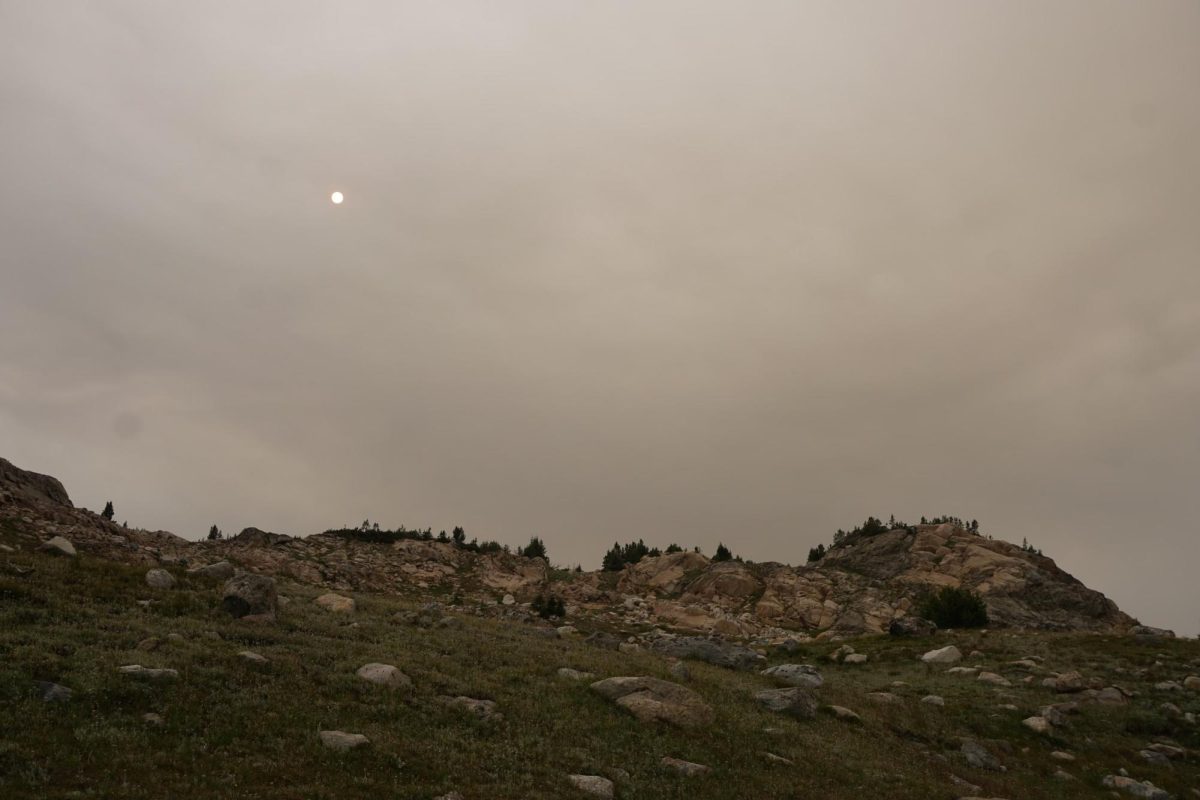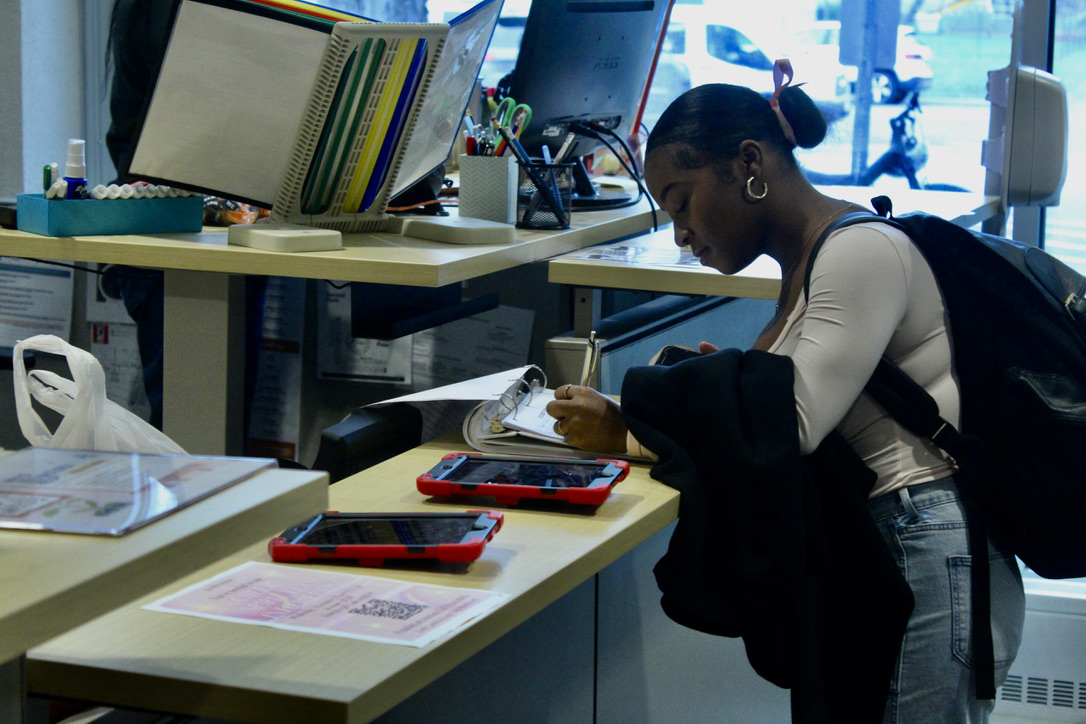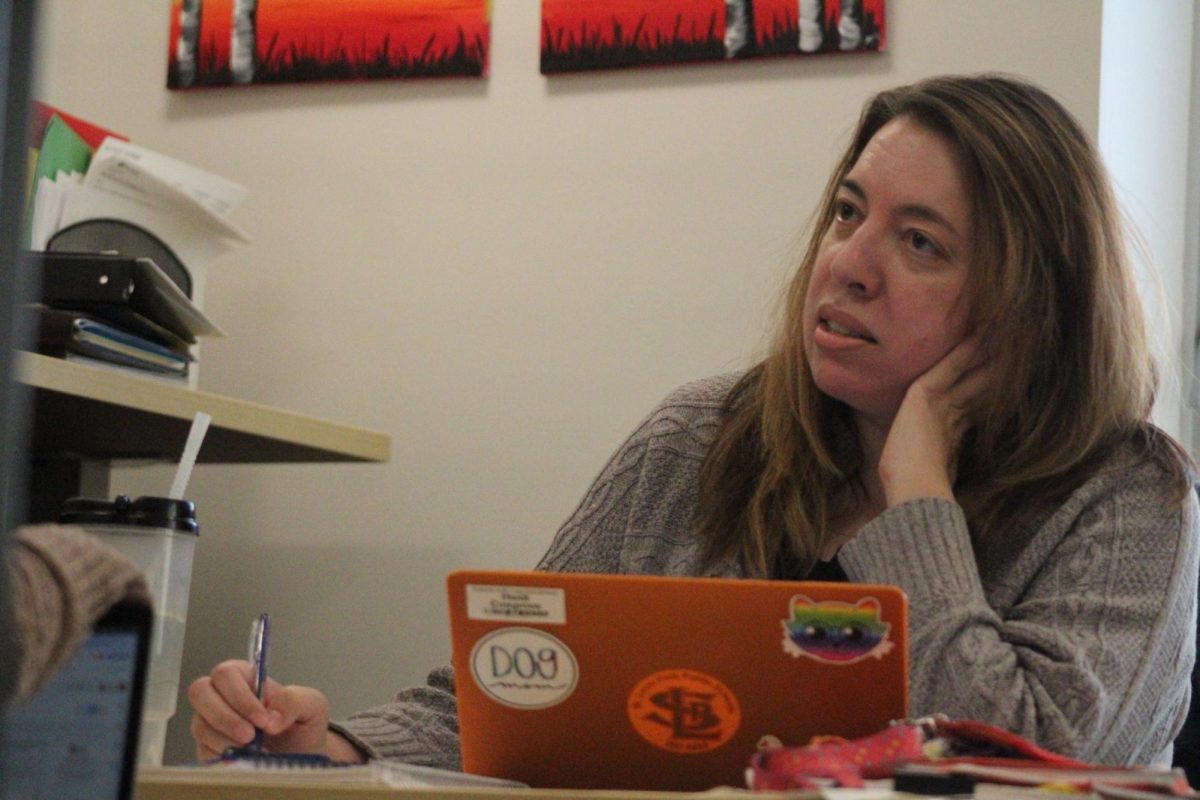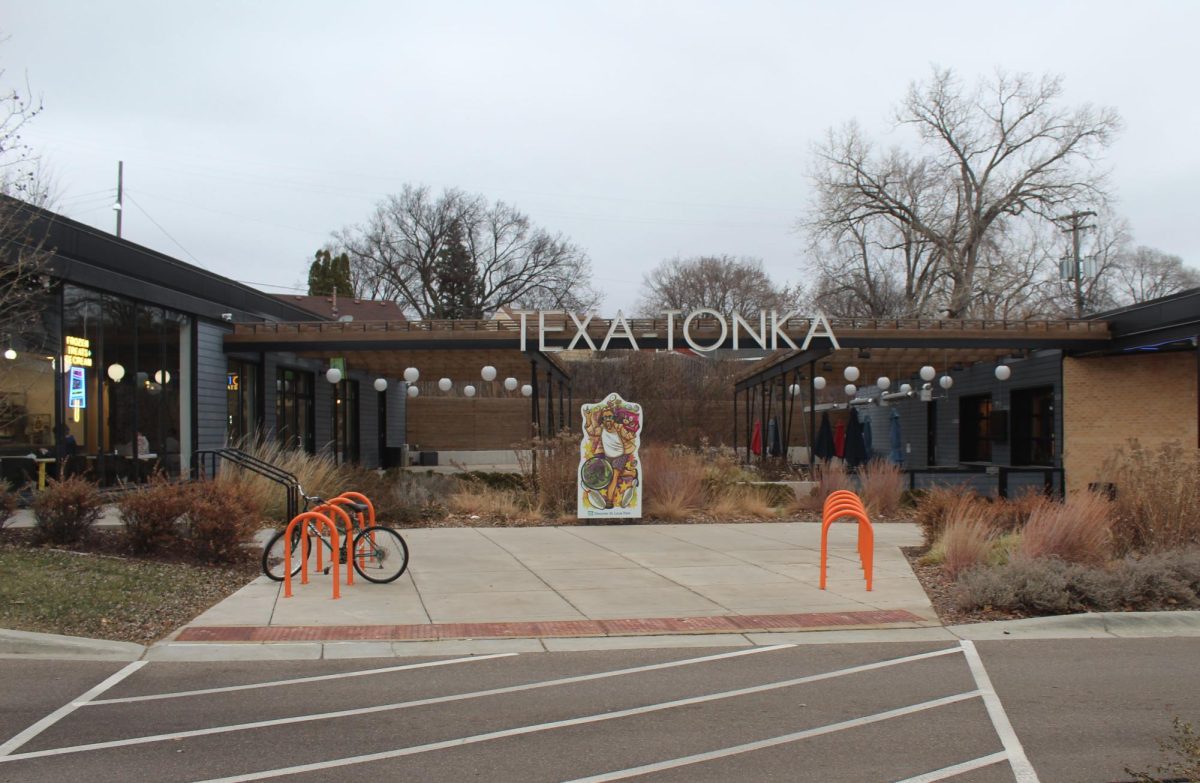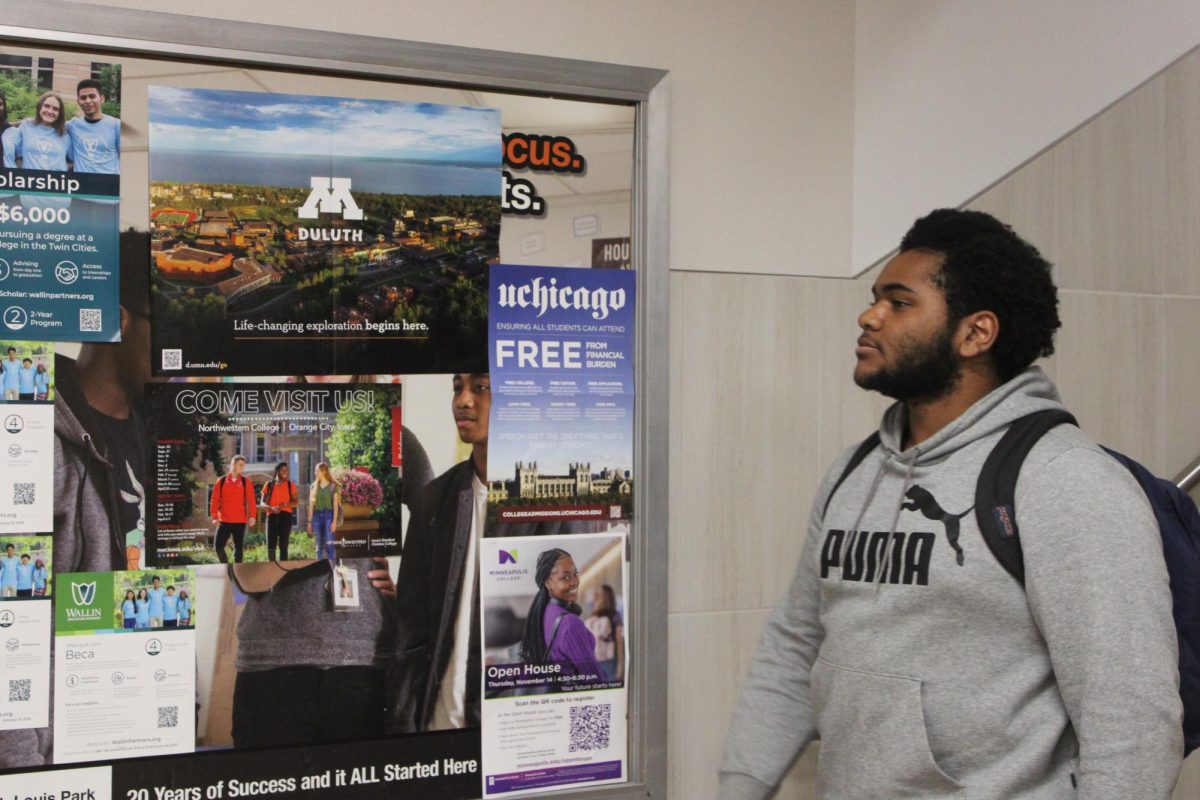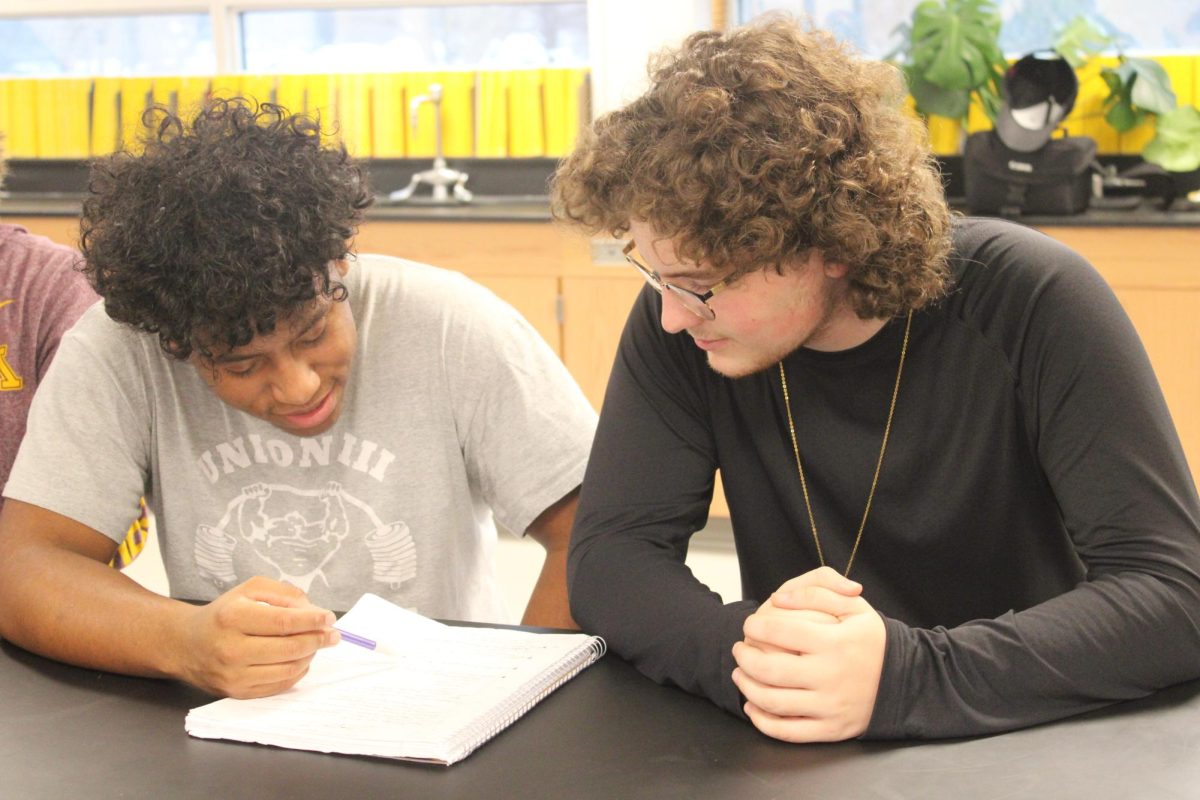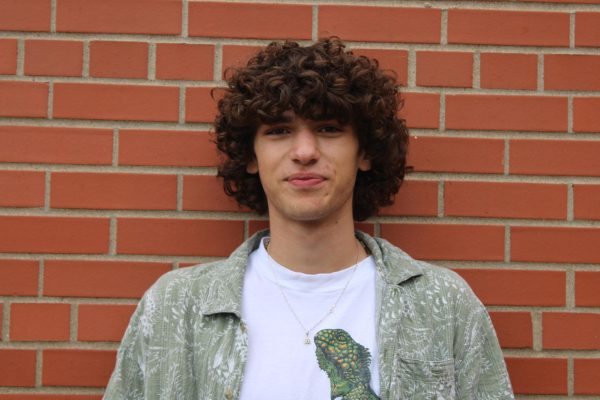This summer many people have noticed some problems with the air quality. By June 27 of this year, a Minnesota record was broken when the state received its 23rd air quality alert of the year. Even beyond Minnesota, air quality issues have been on the rise.
Dr. Jesse Berman, an assistant professor of Environmental Health Sciences at the University of Minnesota School of Public Health, said climate change does have an effect on air quality.
“It’s been predicted for years that climate change is going to exacerbate extreme weather events,” Berman said. “You’re going to have more weather extremes. Things such as rapid drying in specific areas and wildfires that are more severe, more intense and cover larger land areas than they ever have before.”
Dr. Peter Raynor, also a professor in the Division of Environmental Health Sciences at the University of Minnesota School of Public Health, said the smoke from the wildfires has caused significant air pollution that shouldn’t be ignored.
“The wildfire smoke has given us an opportunity to notice how bad air pollutants can get due to this drifting smoke,” Raynor said. “There are pollutants around us all the time, so it’s important for people to think about what they’re doing in their own lives — whether it’s at home or at work — and the impacts of their activities on their own health.”
Berman said the summer and fall months are when the air quality can become much worse in a place like Minnesota.
“We know that air quality tends to degrade in the late summer and early fall, and that’s usually attributed to wildfire events,” Berman said. “When you have large fires burning, smoke can actually be transported very large distances, and when the weather conditions are right this smoke can descend on areas like Minnesota and further west.”
Senior Park student Noam Halpern said problems with the air quality caused a concert he was planning on attending to be canceled.
“I spent time in Oregon this summer and was going to see Noah Kahan live in concert,” Halpern said. “Because it was an outdoor venue and the air quality was so terrible, he canceled his concert and I missed out on that experience.”
Raynor said it is important to stay informed of air pollution levels to safely navigate the bad air quality and stay healthy.
“It’s important that people be informed and try to look at the air quality data,” Raynor said. “They have a great app that tells you what the air quality is at the present moment and what the forecast is for the day. So just being aware that if the air quality is poor it is going to be important to take necessary precautions.”
According to Berman, on a larger scale, the most plausible combatting of the air quality problems would need to be done at a government level.
“This is really something that has to be tackled at some of the largest levels of government, you need to have certain policies,” Berman said. “More immediate actions can be policies that are put into place to help reduce these wildfire events. Things like prescribed burning or ways to reduce the fuel are really critical.”
Berman said that while action needs to be taken by the government, awareness and education is still very crucial for every-day people.
“Education and awareness of our younger generation is so important and so critical,” Berman said. “Young people are the future and the ones who are going to be most impacted by climate change. So getting young voices, thoughts and opinions across is really going to be critical, especially for tackling such a big thing as climate change.”




